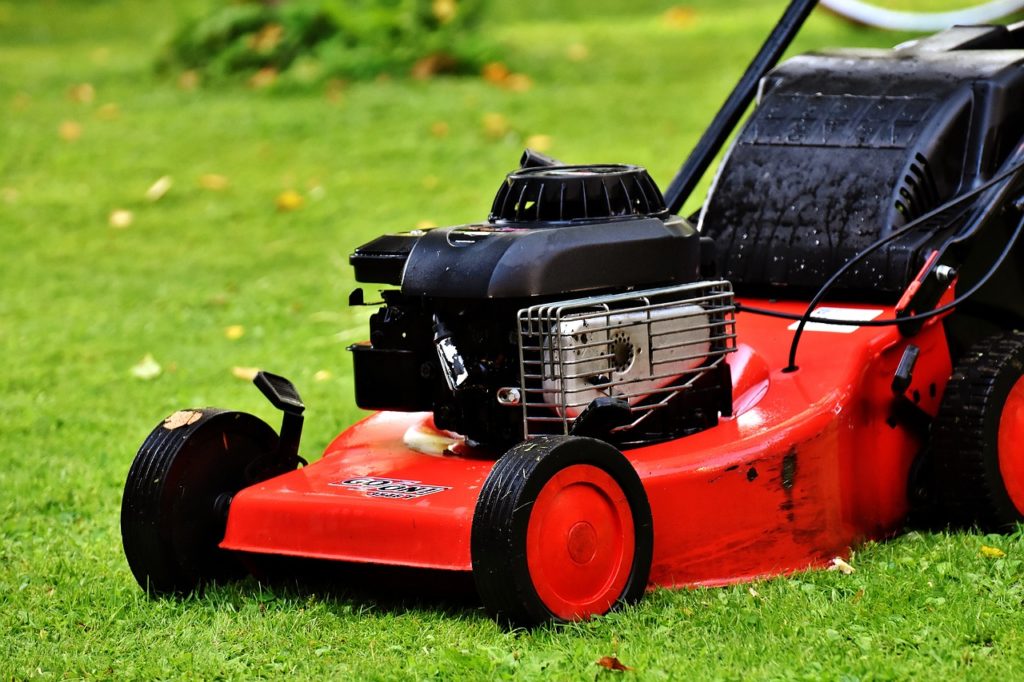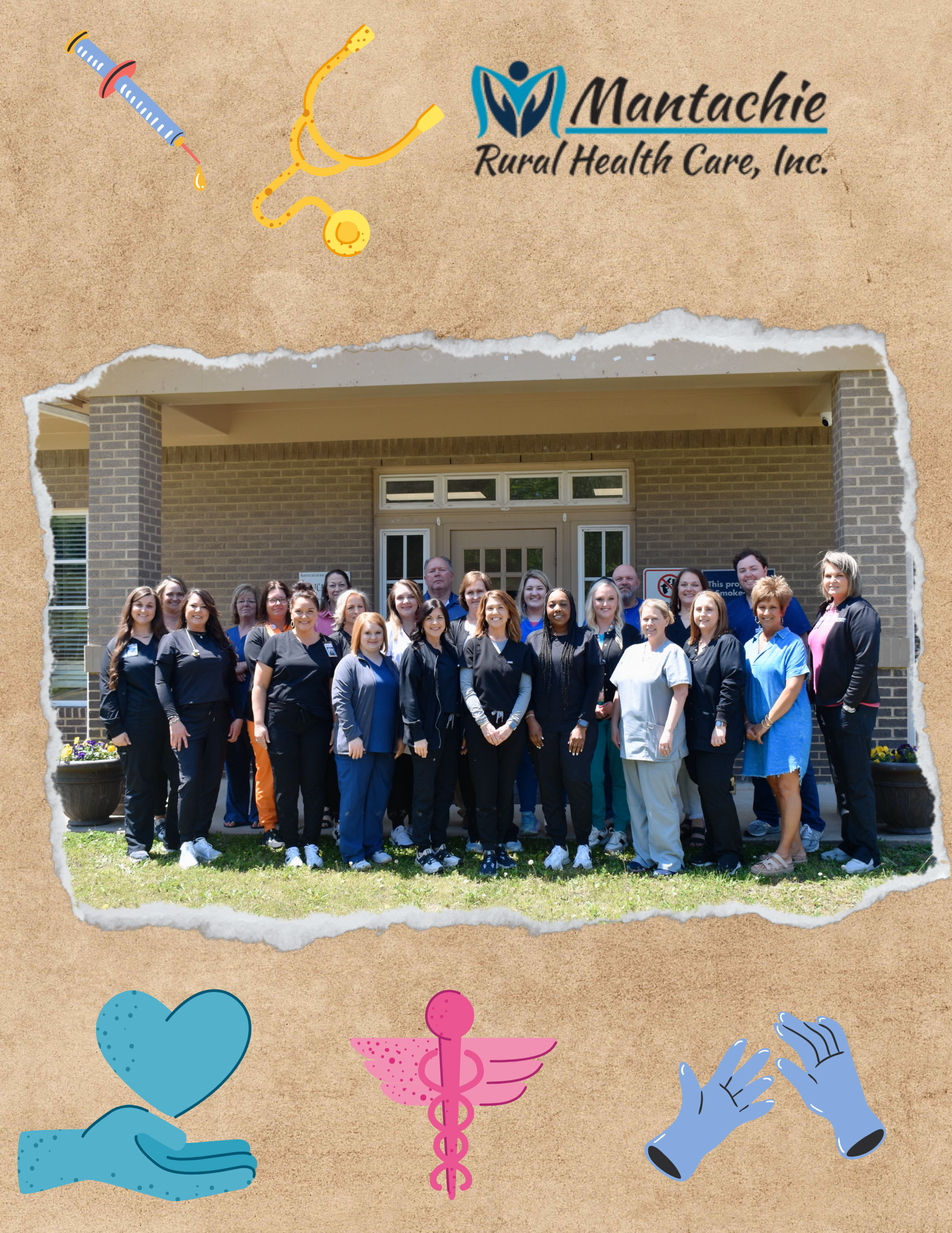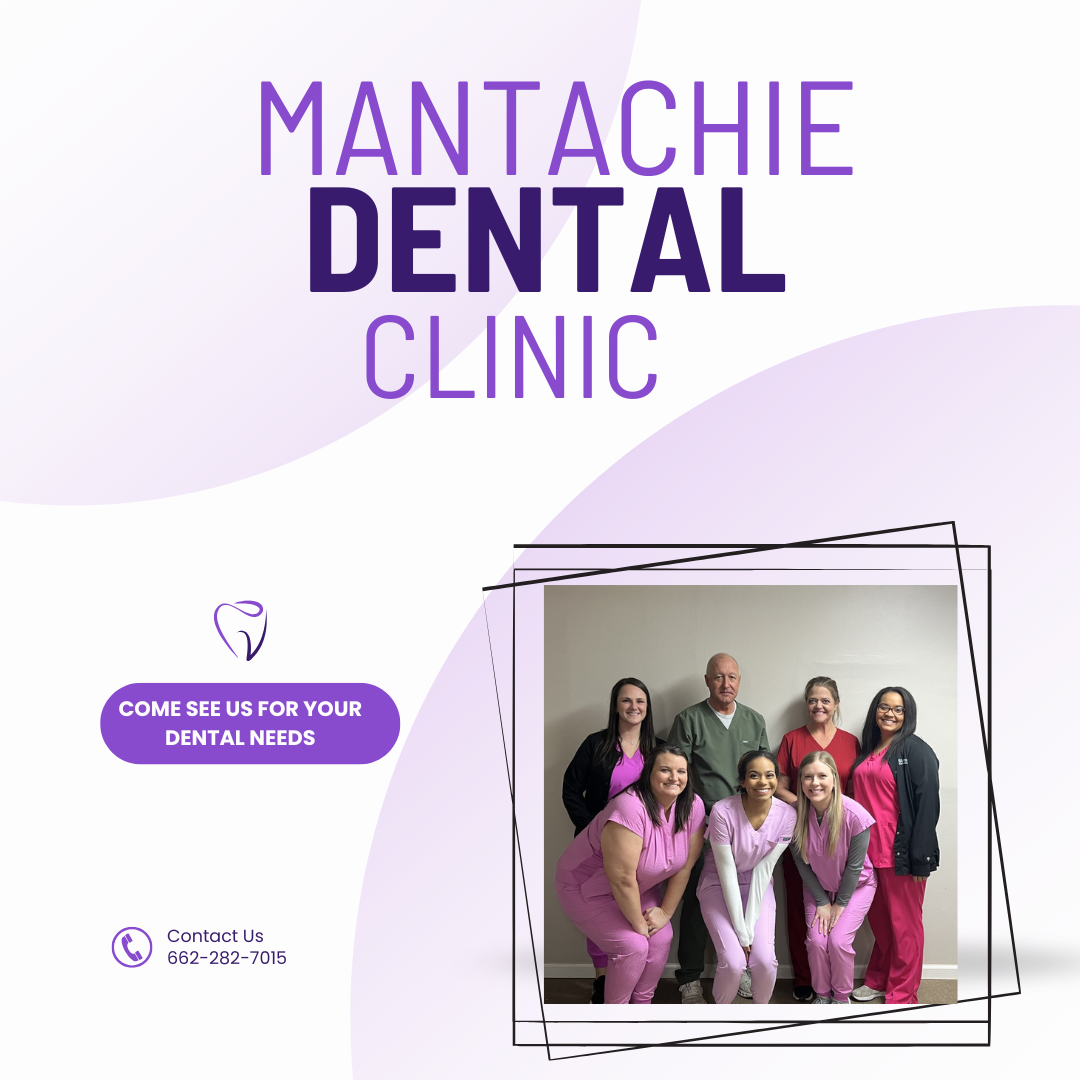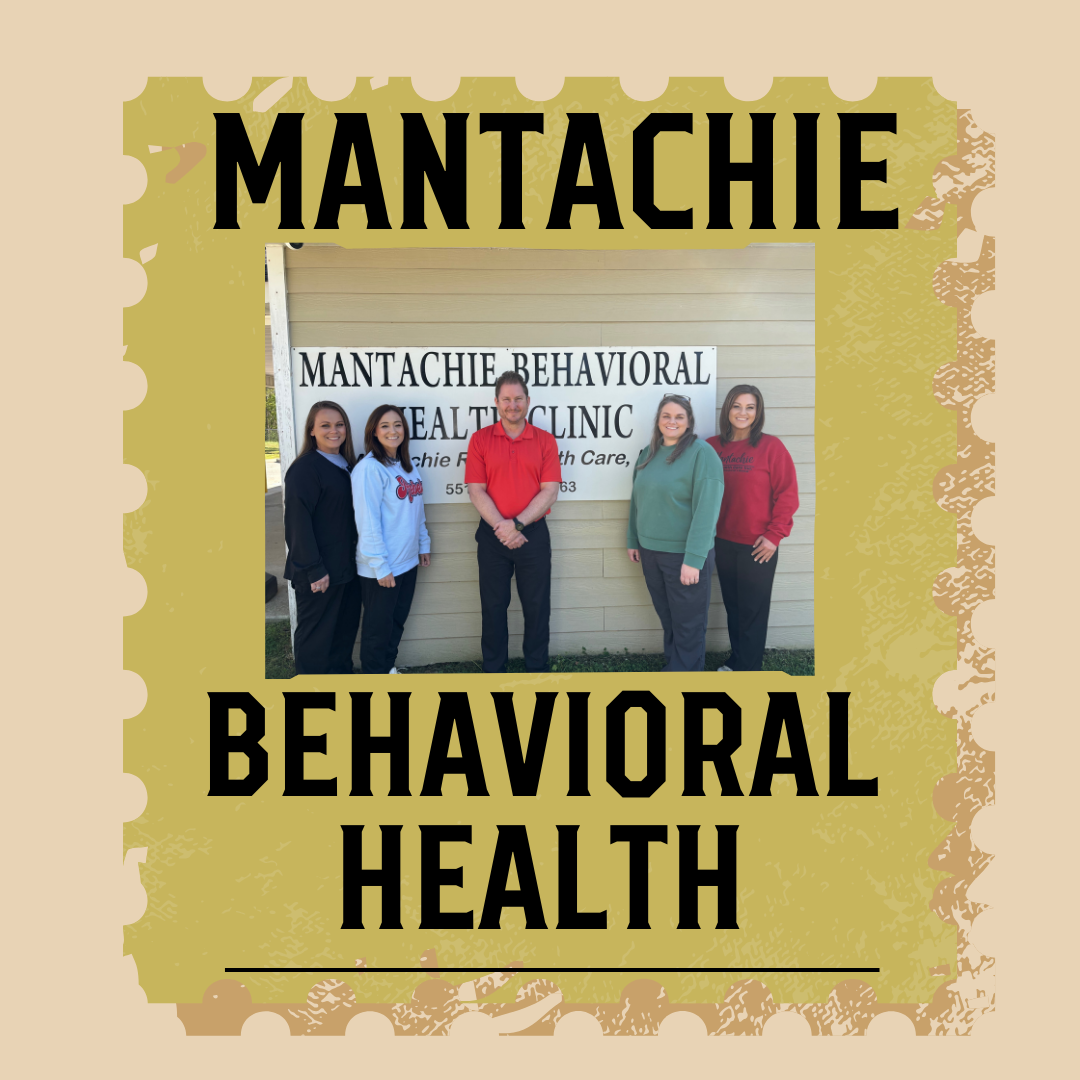
It’s July in Mississippi. The month where no one wants to touch their steering wheel until the air conditioner has blown on it for several minutes and swimming pools begin to feel like warm baths. The heat also brings heat and sun-related illnesses such as heat stroke, heat exhaustion, and sun poisoning.
Heat Stroke
We’ll jump right in with the worst of the worst. Heat stroke, or sunstroke, is the most dangerous form of heat-related illness. Classic heat stroke tends to affect the very young, senior adults or those with chronic illness while exertional heat stroke occurs when a person is extremely active when it’s really hot. Without treatment either can lead to permanent organ damage and even death.
If you believe you or someone around you is having a heat stroke, call 9-1-1 immediately.
Symptoms of a heat stroke include:
- Headache
- Dizziness
- High body temperature (104 degrees F)
- Lack of sweating
- Rapid heartbeat
- Nausea and vomiting
- Confusion, disorientation, staggering
- Seizures
- Unconsciousness
Treatment:
While calling 9-1-1 and waiting for emergency personnel, cool the person by whatever means you have available: ice pack, water hose, cool bath or shower, wet towels, etc. Remove excess clothing and move the person inside or into the shade.
For more details on treating heat stroke, check out this article by Mayo Clinic.
Heat Exhaustion
Heat exhaustion can lead to heat stroke if not treated promptly. It generally begins with muscle cramps. It’s important to treat heat exhaustion as soon as the sign appears to prevent a heat stroke and permanent damage.
Symptoms of heat exhaustion include:
- Excessive thirst
- Sweating with goosebumps even in the heat
- Faintness
- Dizziness
- Weakness
- Headache
- Loss of Consciousness
- Nausea and vomiting
Treatment:
If you or someone near you is showing signs of heat exhaustion, stop all activity and move out of the heat indoors or into the shade. Drink cool water or sports drinks, but not sodas, alcohol or anything with caffeine. Remove unnecessary clothing. Apply cooling measures such as cool cloths, fans or ice packs.
If symptoms do not improve in fifteen minutes, seek emergency care.
For more details on treating heat exhaustion, and how to care for yourself after you’ve become overheated, check out this article from Webmd.
Sun Poisoning
Although not actually poisoning, sun poisoning can increase your body temperature and contribute to heat exhaustion and heat stroke. Sun poisoning is an extreme form of sunburn. Skin can burn in the sun after just 15 minutes of exposure without sunscreen or sunblock. Fair skinned and fair-haired people are more likely to experience sunburn and sun poisoning although it can happen to anyone.
Symptoms of sun poisoning include:
- Redness and blistering of the skin
- Headache
- Fever
- Chills
- Swelling
- Pain and tingling
- Dizziness
- Dehydration
Treatment:
First, get out of the sun. A cool, but not cold, shower or bath may provide some relief as will over the counter pain medications. An aloe gel or moisturizer generally provides relief as well. And make sure to completely cover the sunburned area when going outside again.
If your blisters cover a large area, you have facial swelling, signs of dehydration, fever, chills or faintness, it’s time to call your medical provider.
Prevention
All these heat and sun-related illnesses can be prevented with some of the same general steps.
- Drink lots of water (unless you have a chronic illness which limits your liquid consumption, then consult with your provider).
- Avoid caffeine, sodas, and alcohol.
- Wear light-colored clothing
- Use a sunscreen with SPF 30+.
- Avoid exercise and outdoor activities in the direct sun during the heat of the day.
- Know if your medications put you at higher risk of heat stroke or sunburn.
- Never leave anyone in a parked car.
- If you are unaccustomed to hot weather, allow your body to acclimate during heatwaves or when traveling to warmer climates.
Enjoy your summer, but take it easy out there, especially during the hottest parts of the day.





Speak Your Mind